Home>Health & Lifestyle>Air Quality & Filtration>What Is A Whole House Water Filtration System
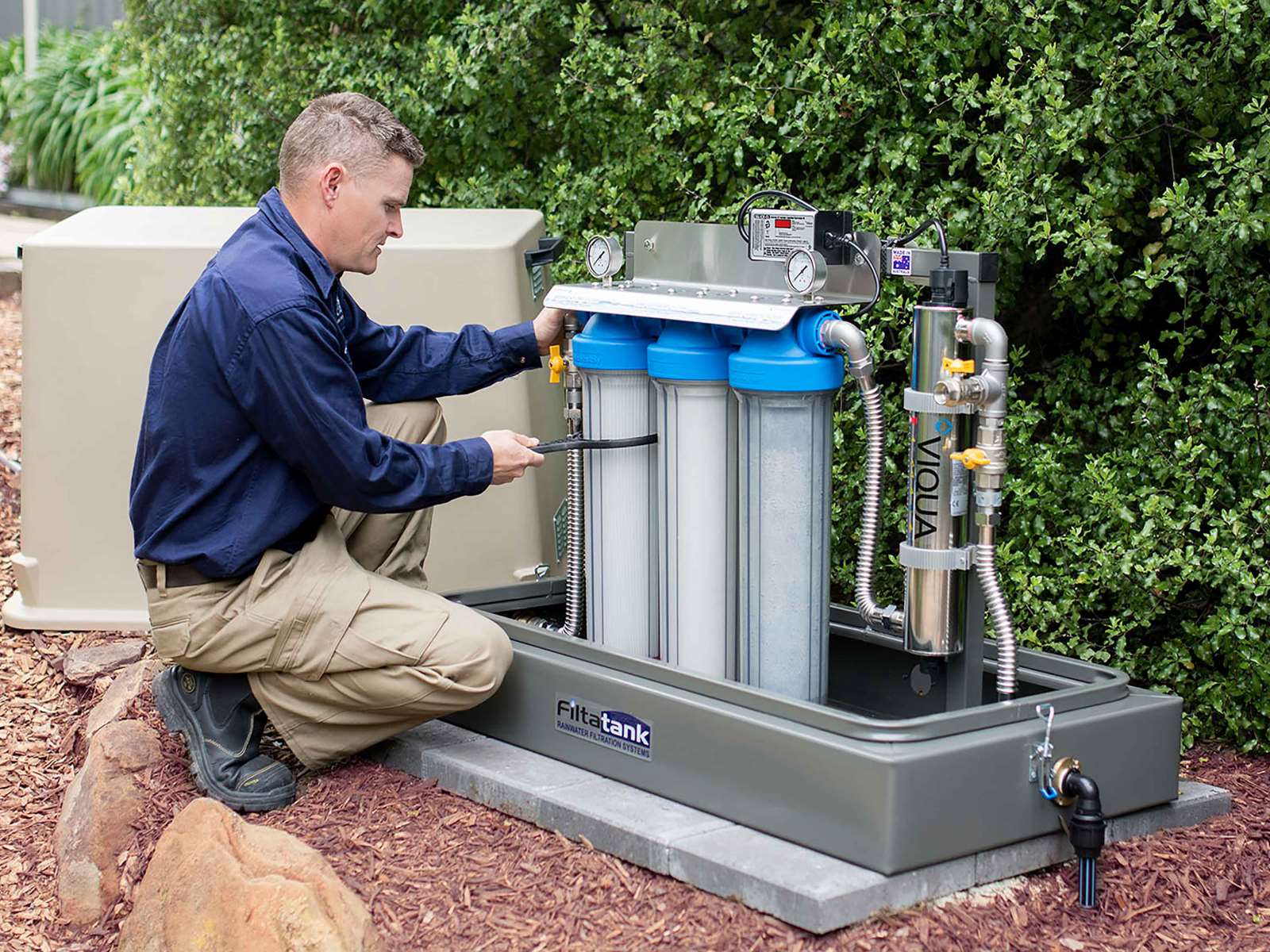

Air Quality & Filtration
What Is A Whole House Water Filtration System
Modified: January 6, 2024
Discover the benefits of a whole house water filtration system for improved air quality and filtration. Learn how it can enhance your home environment today.
(Many of the links in this article redirect to a specific reviewed product. Your purchase of these products through affiliate links helps to generate commission for Storables.com, at no extra cost. Learn more)
Introduction
Understanding Whole House Water Filtration Systems
Water is a fundamental element of life, and access to clean, safe water is essential for maintaining health and well-being. However, the water that flows into our homes may contain various impurities and contaminants that can compromise its quality. This is where whole house water filtration systems play a crucial role. These systems are designed to purify water at the point of entry into a home, ensuring that every tap delivers clean, filtered water for drinking, cooking, bathing, and other household activities.
Whole house water filtration systems are comprehensive solutions that address a wide range of water quality issues, providing a convenient and effective way to safeguard the health of your family and the longevity of your plumbing and appliances. Understanding the functionality, benefits, and considerations associated with these systems is essential for making informed decisions about water treatment for your home.
In this comprehensive guide, we will delve into the world of whole house water filtration systems, exploring their mechanisms, benefits, types, and factors to consider when choosing and maintaining these systems. By the end of this journey, you will have a thorough understanding of how these systems work and how they can significantly improve the quality of water in your home. Let's embark on this enlightening exploration of whole house water filtration systems, empowering you to make informed choices for the well-being of your household.
Understanding Whole House Water Filtration Systems
Whole house water filtration systems are comprehensive water treatment solutions designed to purify water at the point of entry into a home, ensuring that all water dispensed from any tap is free from a wide range of impurities and contaminants. Unlike point-of-use filters that are installed on specific taps, whole house filtration systems treat water as it enters the house, providing clean, filtered water for various household purposes.
These systems are engineered to address a diverse array of water quality concerns, including sediment, chlorine, volatile organic compounds (VOCs), heavy metals, and other impurities that may be present in the water supply. By employing a combination of filtration media and purification technologies, whole house water filtration systems deliver water that is not only safe for consumption but also beneficial for the overall health and well-being of the occupants.
One of the key advantages of whole house water filtration systems is their ability to protect plumbing and appliances throughout the entire home. By removing harmful contaminants from the water, these systems prevent the buildup of sediment and scale in pipes, fixtures, and water-using appliances, thereby extending their lifespan and reducing the need for maintenance and repairs.
Moreover, whole house filtration systems contribute to the elimination of unpleasant tastes, odors, and discoloration in water, enhancing the overall drinking and bathing experience. They provide a consistent supply of high-quality water for cooking, drinking, bathing, and laundering, promoting a healthier and more comfortable living environment.
Understanding the role of whole house water filtration systems in ensuring the purity and safety of the water that enters your home is essential for making informed decisions about water treatment. In the following sections, we will explore the inner workings of these systems, uncovering their mechanisms and the benefits they offer to homeowners.
How Whole House Water Filtration Systems Work
Whole house water filtration systems operate through a series of filtration and purification processes that effectively remove impurities and contaminants from the water supply as it enters a home. These systems are typically installed at the point where water enters the household, allowing them to treat all water distributed to various taps and appliances throughout the residence.
The primary stages of water treatment in whole house filtration systems include:
- Pre-filtration: As water enters the system, it passes through a pre-filter, which is designed to remove larger particles such as sediment, silt, and debris. This initial filtration stage prevents these particles from entering the main filtration unit, thereby prolonging the lifespan and optimizing the performance of the subsequent filtration media.
- Main filtration: The pre-filtered water then undergoes the main filtration process, where it comes into contact with various filtration media such as activated carbon, catalytic carbon, KDF (Kinetic Degradation Fluxion), and other specialized materials. These media are adept at trapping and adsorbing a wide range of contaminants, including chlorine, chloramine, volatile organic compounds (VOCs), pesticides, herbicides, and industrial chemicals, ensuring that the water is thoroughly purified.
- Post-filtration: Some whole house filtration systems incorporate a post-filter stage to further refine the water quality, addressing any remaining impurities and enhancing the taste, odor, and clarity of the water before it is distributed throughout the home.
Additionally, certain whole house water filtration systems utilize advanced purification technologies such as UV (ultraviolet) sterilization and reverse osmosis to target and eliminate specific contaminants, bacteria, and viruses that may be present in the water supply. These cutting-edge technologies provide an extra layer of protection, ensuring that the water is not only free from impurities but also microbiologically safe for consumption.
The combined processes of pre-filtration, main filtration, and post-filtration, along with optional advanced purification technologies, work in harmony to deliver clean, high-quality water to every tap and appliance in the home. By effectively removing contaminants and enhancing the overall purity of the water supply, whole house filtration systems play a vital role in safeguarding the health and well-being of households while preserving the integrity of plumbing and water-using appliances.
Next, we will explore the numerous benefits of incorporating a whole house water filtration system into your home, shedding light on the positive impact it can have on your daily life.
Benefits of Using a Whole House Water Filtration System
Implementing a whole house water filtration system offers a multitude of benefits that extend beyond simply providing clean, purified water for drinking and cooking. The comprehensive nature of these systems contributes to numerous advantages that enhance the overall quality of life for homeowners.
Some key benefits of using a whole house water filtration system include:
- Improved Water Quality: By effectively removing a wide range of impurities and contaminants, including chlorine, sediment, volatile organic compounds (VOCs), heavy metals, and other pollutants, whole house filtration systems ensure that the water distributed throughout the home is of exceptional quality. This translates to better-tasting, odor-free, and crystal-clear water for drinking, cooking, bathing, and other household activities.
- Health and Well-being: The purity of the water provided by whole house filtration systems contributes to the overall health and well-being of the occupants. Eliminating harmful contaminants from the water supply reduces the risk of exposure to toxins and pollutants, promoting a healthier living environment for the entire family.
- Protection of Plumbing and Appliances: By preventing the accumulation of sediment, scale, and other impurities in pipes, fixtures, and water-using appliances, whole house filtration systems help extend the lifespan of plumbing and equipment. This reduces the need for maintenance and repairs, resulting in cost savings and enhanced efficiency of household systems.
- Convenience and Versatility: With a whole house filtration system in place, every tap in the home delivers clean, filtered water, eliminating the need for individual point-of-use filters. This convenience ensures that water for various purposes, such as drinking, bathing, and laundry, is consistently of high quality and free from contaminants.
- Environmental Impact: By opting for a whole house water filtration system, homeowners contribute to reducing the consumption of single-use plastic bottles, as the need for bottled water is minimized. This eco-friendly choice aligns with sustainable practices and promotes environmental responsibility.
These benefits collectively underscore the value of integrating a whole house water filtration system into residential properties. From ensuring superior water quality to promoting health, longevity, and environmental consciousness, these systems offer a holistic solution for addressing water quality concerns in the home.
As we continue our exploration, we will delve into the various types of whole house water filtration systems available, providing insights into their unique features and functionalities to aid in the selection of the most suitable system for your home.
When choosing a whole house water filtration system, make sure to consider the size of your household, the level of water contamination in your area, and the specific contaminants you want to remove.
Types of Whole House Water Filtration Systems
Whole house water filtration systems are available in various configurations, each tailored to address specific water quality concerns and preferences. Understanding the different types of systems and their unique features is essential for selecting the most suitable option based on the specific needs of your household.
Some common types of whole house water filtration systems include:
- Activated Carbon Filters: These filtration systems utilize activated carbon, which is highly effective in removing chlorine, volatile organic compounds (VOCs), and other organic contaminants from the water supply. Activated carbon filters are renowned for enhancing the taste and odor of water, delivering a noticeable improvement in overall water quality.
- Reverse Osmosis Systems: While reverse osmosis is commonly associated with point-of-use filtration, whole house reverse osmosis systems are available to provide comprehensive water purification at the point of entry. These systems employ a semipermeable membrane to remove a wide range of impurities, including dissolved solids, heavy metals, and other contaminants, producing exceptionally pure water for the entire home.
- UV (Ultraviolet) Sterilization Systems: UV sterilization systems utilize ultraviolet light to disinfect water by deactivating bacteria, viruses, and other microorganisms present in the water supply. These systems provide an additional layer of protection against microbiological contaminants, ensuring that the water is safe for consumption without the use of chemicals.
- Whole House Water Softeners: Designed to address hard water issues caused by high levels of minerals such as calcium and magnesium, water softeners utilize ion exchange technology to reduce the hardness of water. By mitigating the adverse effects of hard water, such as scale buildup and reduced lathering of soaps, water softeners contribute to the preservation of plumbing and water-using appliances.
- Whole House Sediment Filters: These filters are specifically designed to capture and remove sediment, silt, and particulate matter from the water supply, preventing these particles from causing damage to plumbing and appliances. By ensuring the removal of sediment, these filters contribute to the optimal performance and longevity of household systems.
Each type of whole house water filtration system offers distinct advantages and functionalities, catering to specific water quality concerns and preferences. By evaluating the unique features of each system in relation to the characteristics of your water supply, you can make an informed decision regarding the most suitable filtration solution for your home.
Next, we will explore the essential factors to consider when choosing a whole house water filtration system, providing valuable insights to guide you in selecting the optimal system for your household.
Factors to Consider When Choosing a Whole House Water Filtration System
When evaluating whole house water filtration systems for your home, several key factors should be taken into account to ensure that the chosen system effectively addresses your specific water quality concerns and aligns with your household’s requirements. By considering these essential factors, you can make an informed decision and select a filtration system that delivers optimal performance and meets your expectations.
Some critical factors to consider when choosing a whole house water filtration system include:
- Water Quality Analysis: Conducting a thorough analysis of your water quality is crucial in identifying the specific contaminants and impurities present in your water supply. This analysis helps determine the type of filtration system required to effectively address the identified water quality issues.
- Flow Rate and Capacity: Assessing the flow rate and capacity of the filtration system is essential to ensure that it can accommodate the water demand of your household. Consider factors such as the number of occupants, water usage patterns, and peak demand periods when selecting a system with adequate flow rate and capacity.
- Water Treatment Objectives: Clearly defining your water treatment objectives, whether it involves removing chlorine, sediment, heavy metals, or addressing specific taste and odor concerns, is instrumental in choosing a filtration system that aligns with your purification goals.
- Filtration Technology: Understanding the filtration technology employed by different systems, such as activated carbon filtration, reverse osmosis, UV sterilization, or sediment filtration, allows you to select a system that effectively targets the contaminants present in your water supply.
- Installation and Maintenance: Consider the ease of installation and ongoing maintenance requirements of the filtration system. Opt for a system that is user-friendly and offers straightforward maintenance procedures to ensure long-term convenience and efficiency.
- Certifications and Standards: Look for filtration systems that are certified to meet industry standards and regulations, ensuring that they deliver reliable performance and adhere to established quality and safety guidelines.
- Budget and Cost of Ownership: Evaluate the initial investment and long-term cost of ownership, including filter replacements, energy consumption, and maintenance expenses, to determine the overall affordability and value of the filtration system.
By carefully considering these factors and conducting thorough research, you can make an informed decision when selecting a whole house water filtration system that best suits your household’s needs and provides comprehensive water treatment solutions.
As we proceed, we will explore the installation and maintenance aspects of whole house water filtration systems, offering valuable insights into ensuring the seamless integration and upkeep of these essential water treatment solutions in residential settings.
Installation and Maintenance of Whole House Water Filtration Systems
Proper installation and regular maintenance are essential for ensuring the optimal performance and longevity of whole house water filtration systems. By adhering to best practices in installation and implementing a structured maintenance regimen, homeowners can maximize the effectiveness of these systems in providing clean, purified water for their households.
Installation:
Professional installation of a whole house water filtration system is recommended to ensure that the system is integrated seamlessly into the household’s water supply and plumbing infrastructure. Trained professionals possess the expertise and experience to assess the optimal placement of the system, configure it to meet the specific water treatment objectives, and ensure that it complies with local building codes and regulations.
During the installation process, factors such as the point of entry for the water supply, available space for the filtration system, and compatibility with existing plumbing and fixtures are carefully evaluated to facilitate a smooth and efficient integration of the system into the home’s water distribution network.
Maintenance:
Regular maintenance is vital for preserving the effectiveness of whole house water filtration systems and sustaining the quality of the treated water. Maintenance tasks typically include:
- Filter Replacements: Depending on the type of filtration system, periodic replacement of filter cartridges or media is necessary to ensure continued removal of contaminants and optimal filtration performance. Adhering to the manufacturer’s recommended filter replacement schedule is essential for sustaining the system’s efficiency.
- System Inspections: Conducting routine inspections of the filtration system, including checking for leaks, monitoring pressure gauges, and assessing overall functionality, helps identify any issues or irregularities that require attention.
- Cleaning and Sanitization: Some systems may require periodic cleaning and sanitization to prevent the buildup of biofilm, sediment, or other impurities within the system. Following prescribed cleaning procedures helps maintain the system’s efficacy.
- Water Quality Testing: Periodically testing the treated water for key parameters such as chlorine levels, pH, and total dissolved solids (TDS) can provide insights into the system’s performance and the need for any adjustments or maintenance actions.
By adhering to a structured maintenance schedule and promptly addressing any maintenance requirements, homeowners can ensure that their whole house water filtration system continues to deliver high-quality, purified water for their household’s needs.
As we conclude our exploration of whole house water filtration systems, it is evident that these essential water treatment solutions offer a comprehensive approach to addressing water quality concerns and promoting the well-being of residential occupants.
Conclusion
Whole house water filtration systems stand as indispensable guardians of water quality, offering a holistic approach to purifying the water that enters our homes. By implementing these comprehensive water treatment solutions, homeowners can enjoy a myriad of benefits that extend beyond the assurance of clean, purified water for various household activities.
From the removal of impurities and contaminants to the protection of plumbing and appliances, whole house filtration systems play a pivotal role in promoting health, convenience, and environmental responsibility within residential settings. By understanding the mechanisms, benefits, types, and essential considerations associated with these systems, homeowners can make informed decisions when selecting and integrating a filtration solution tailored to their specific water quality needs.
As we reflect on the journey through the realm of whole house water filtration, it becomes evident that these systems are not merely purifiers of water, but guardians of well-being and sustainability within our homes. The pursuit of clean, safe water is a fundamental endeavor that resonates with the essence of a healthy and fulfilling lifestyle, and whole house water filtration systems stand as stalwart allies in this pursuit.
In embracing the wisdom gained from this exploration, homeowners are empowered to make conscientious choices that enrich their lives and safeguard the well-being of their families. The integration of a whole house water filtration system transcends the provision of clean water; it signifies a commitment to health, sustainability, and the preservation of the sanctity of the home environment.
As we embark on the path forward, let us carry forth the knowledge and insights garnered from this journey, embracing the transformative potential of whole house water filtration systems in nurturing a healthier, more vibrant, and sustainable way of life within our homes.
Frequently Asked Questions about What Is A Whole House Water Filtration System
Was this page helpful?
At Storables.com, we guarantee accurate and reliable information. Our content, validated by Expert Board Contributors, is crafted following stringent Editorial Policies. We're committed to providing you with well-researched, expert-backed insights for all your informational needs.
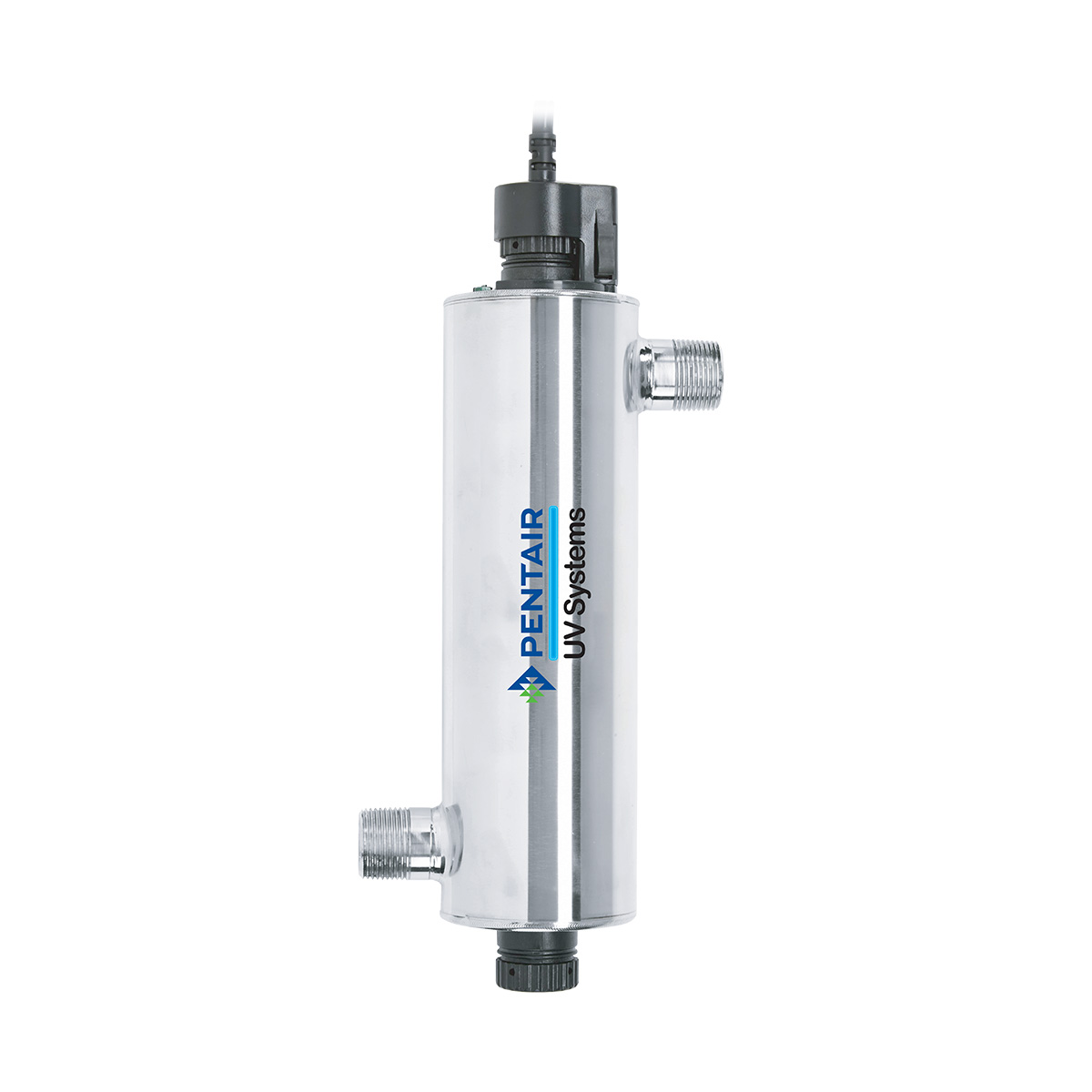
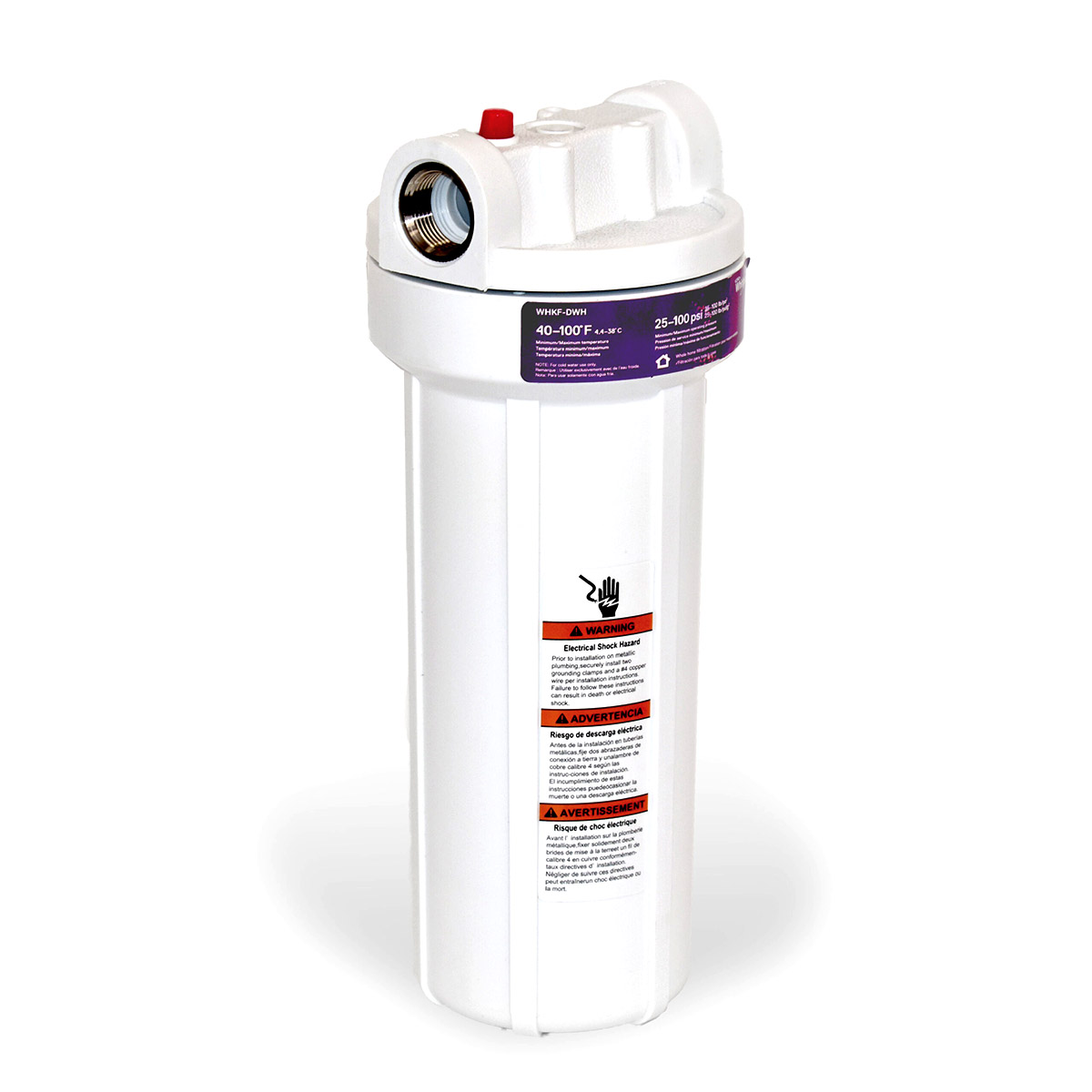
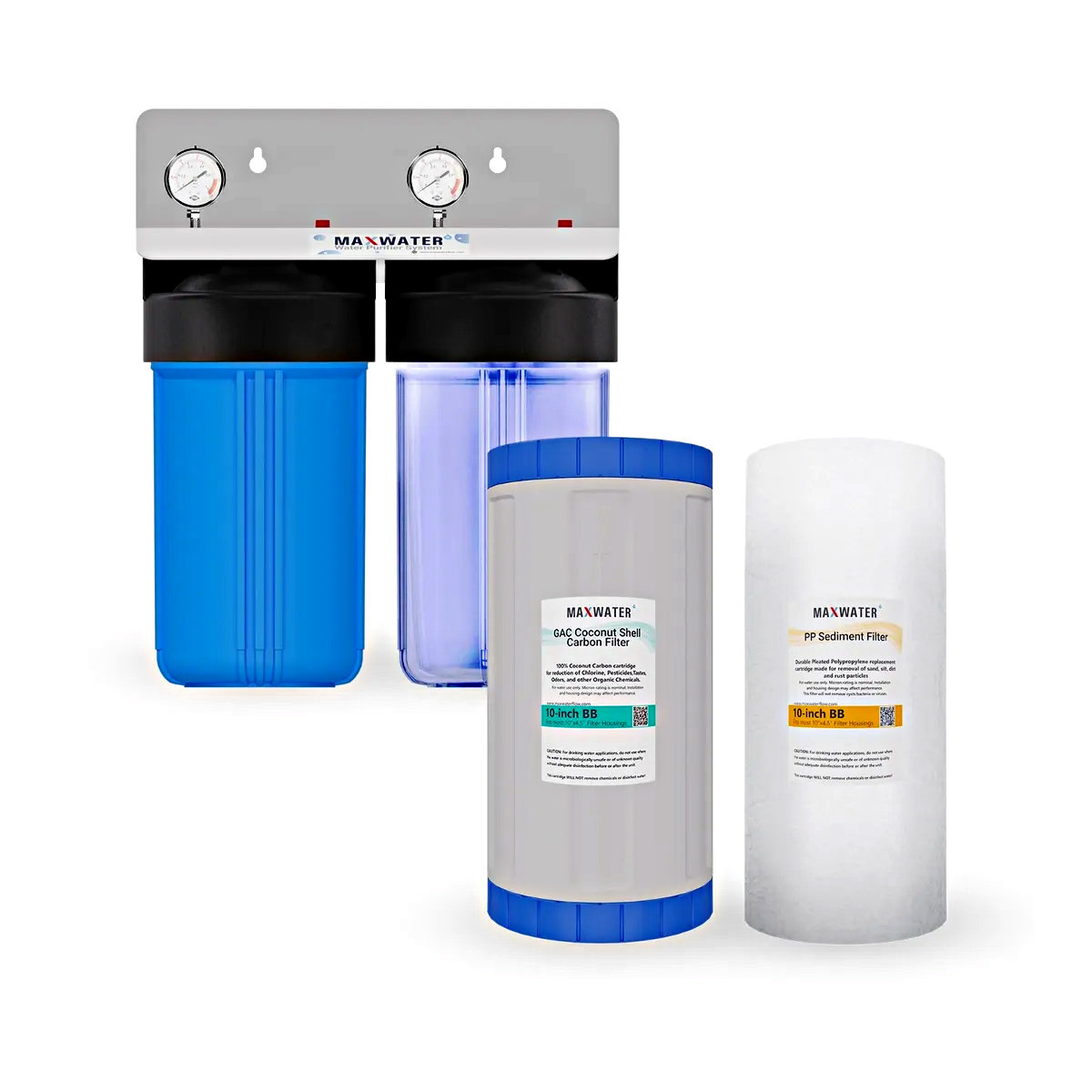
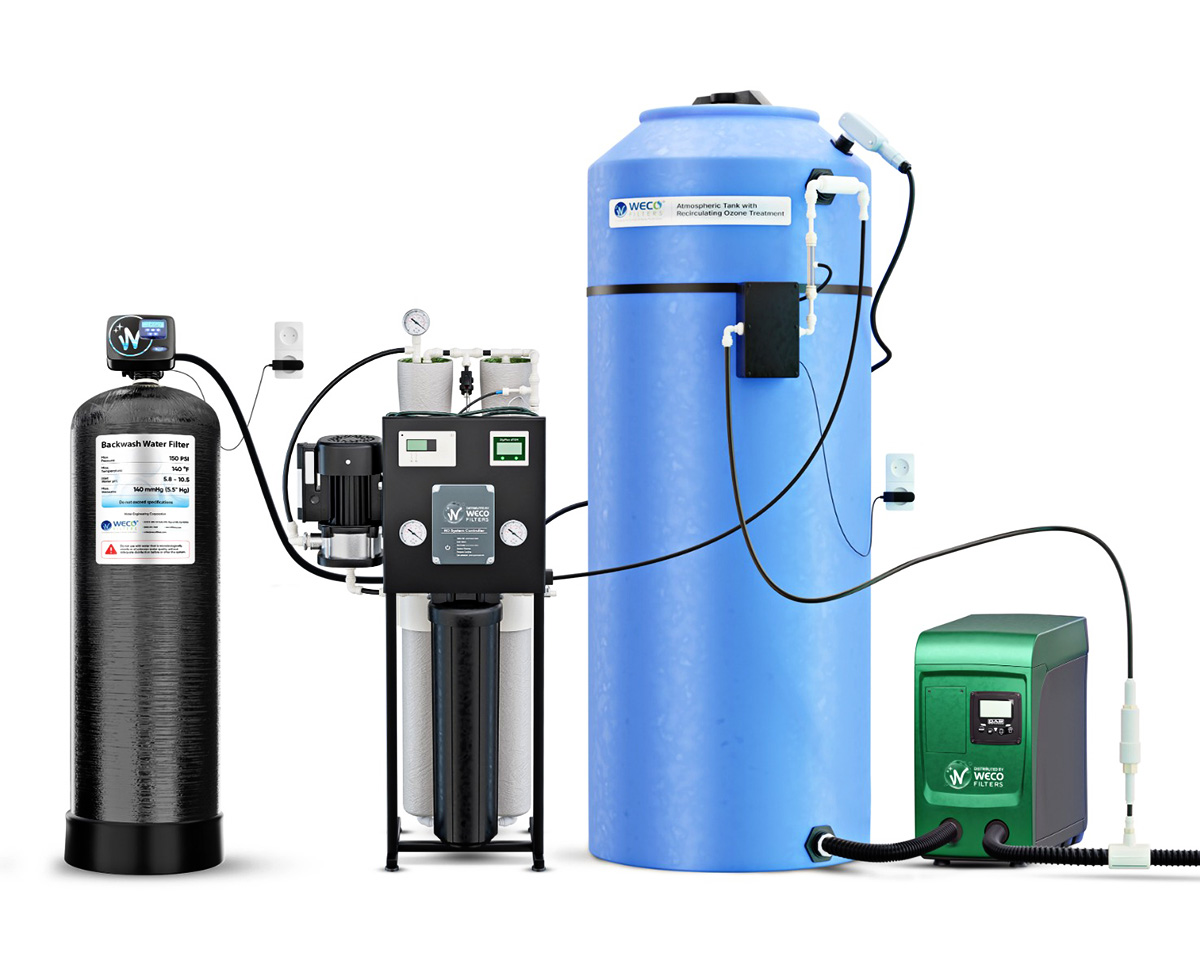
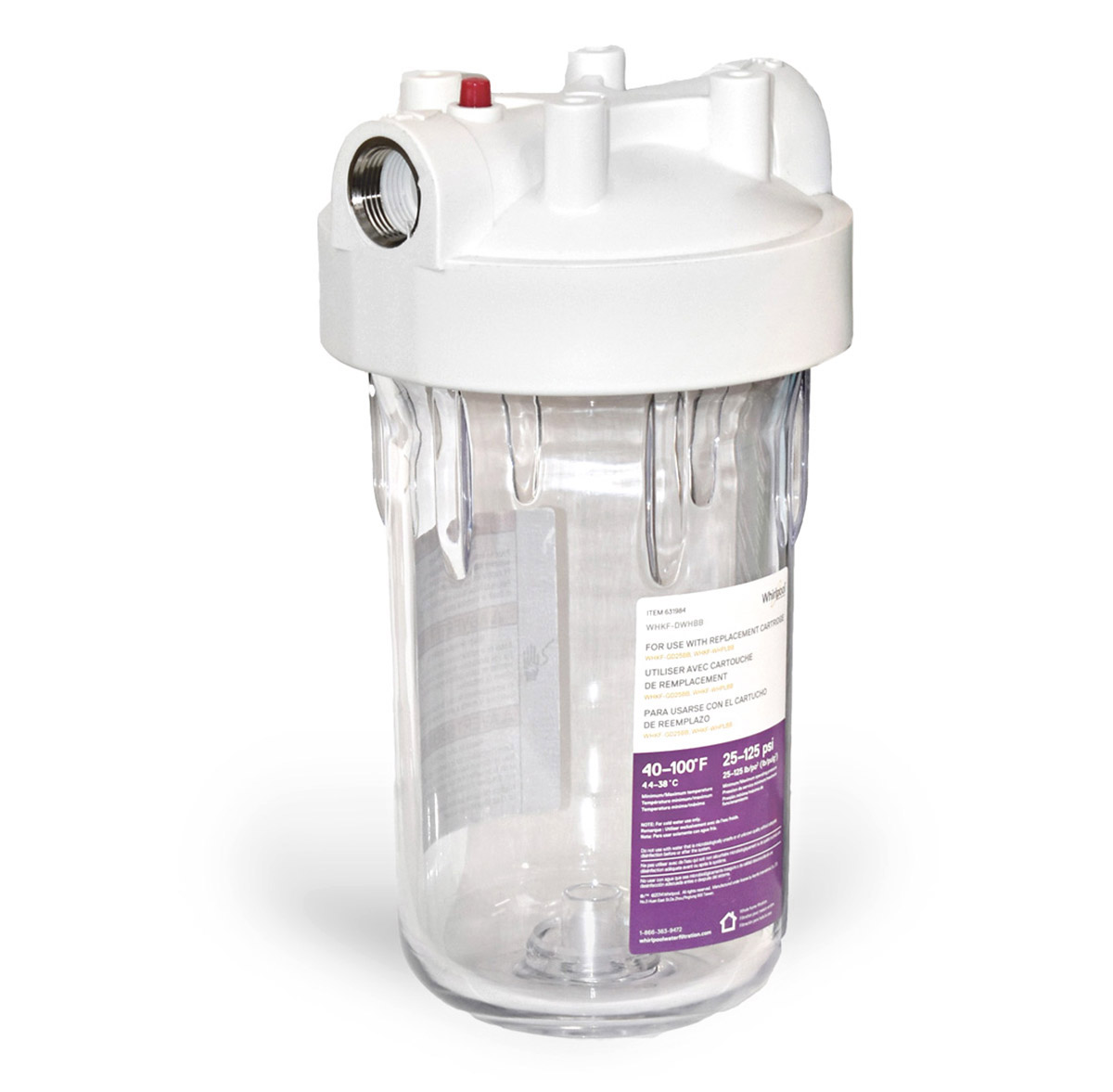
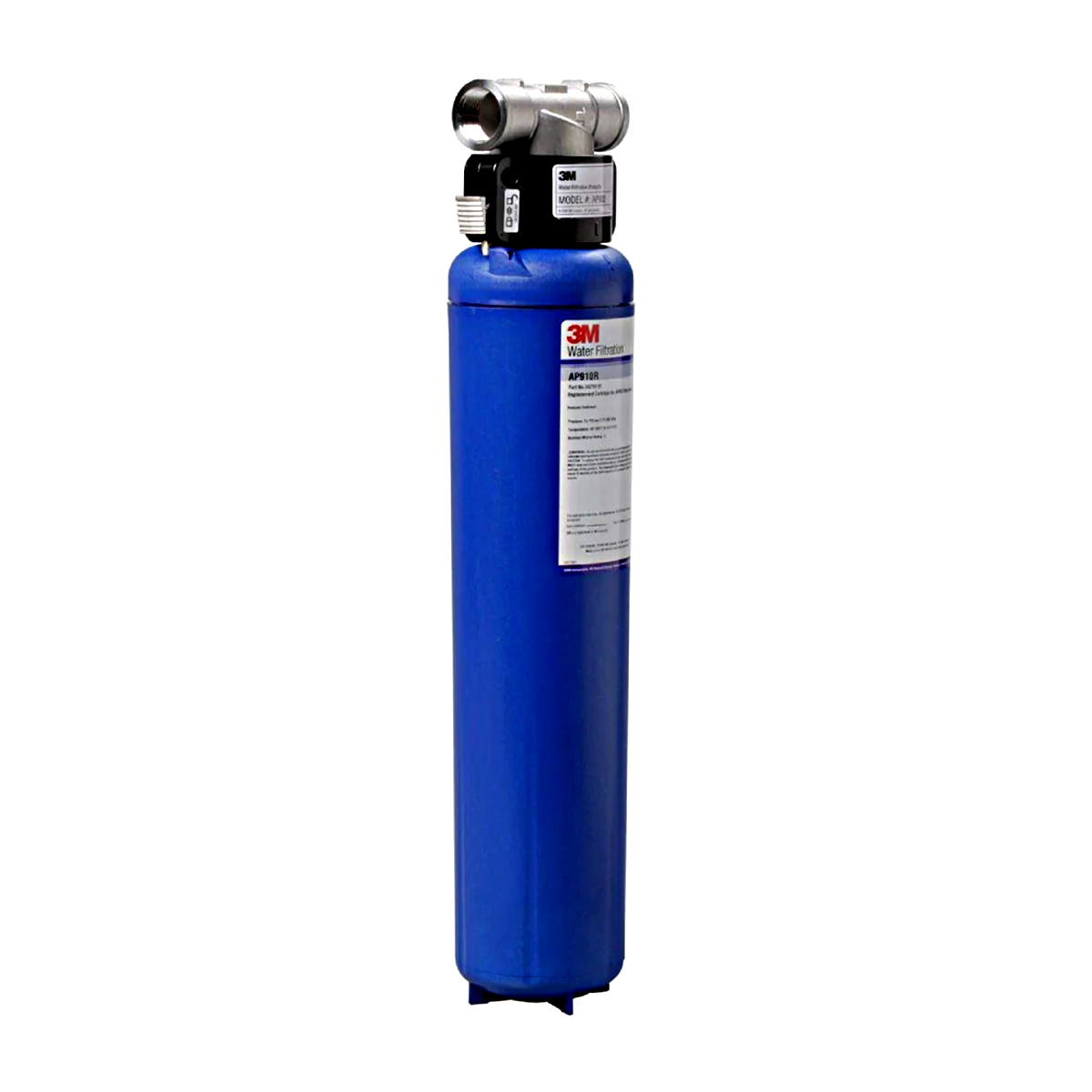

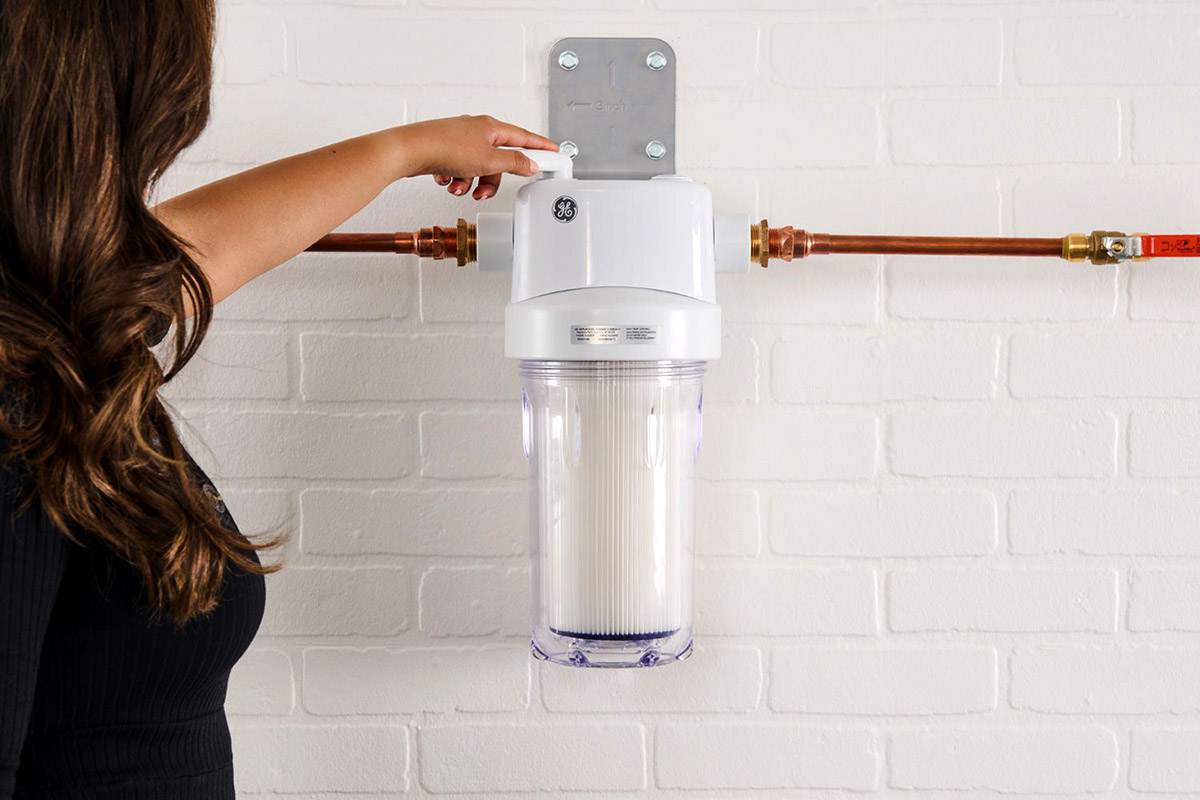
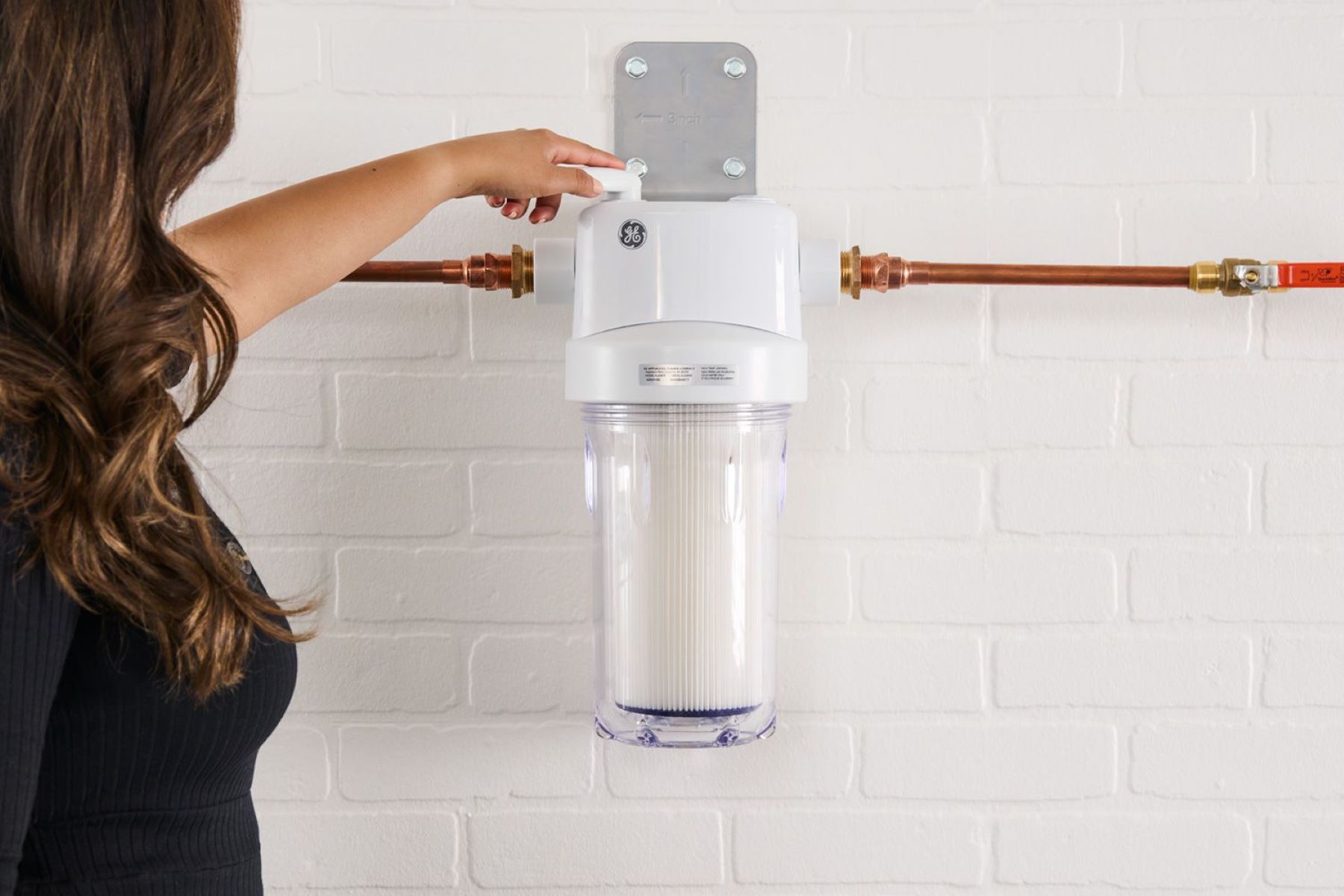

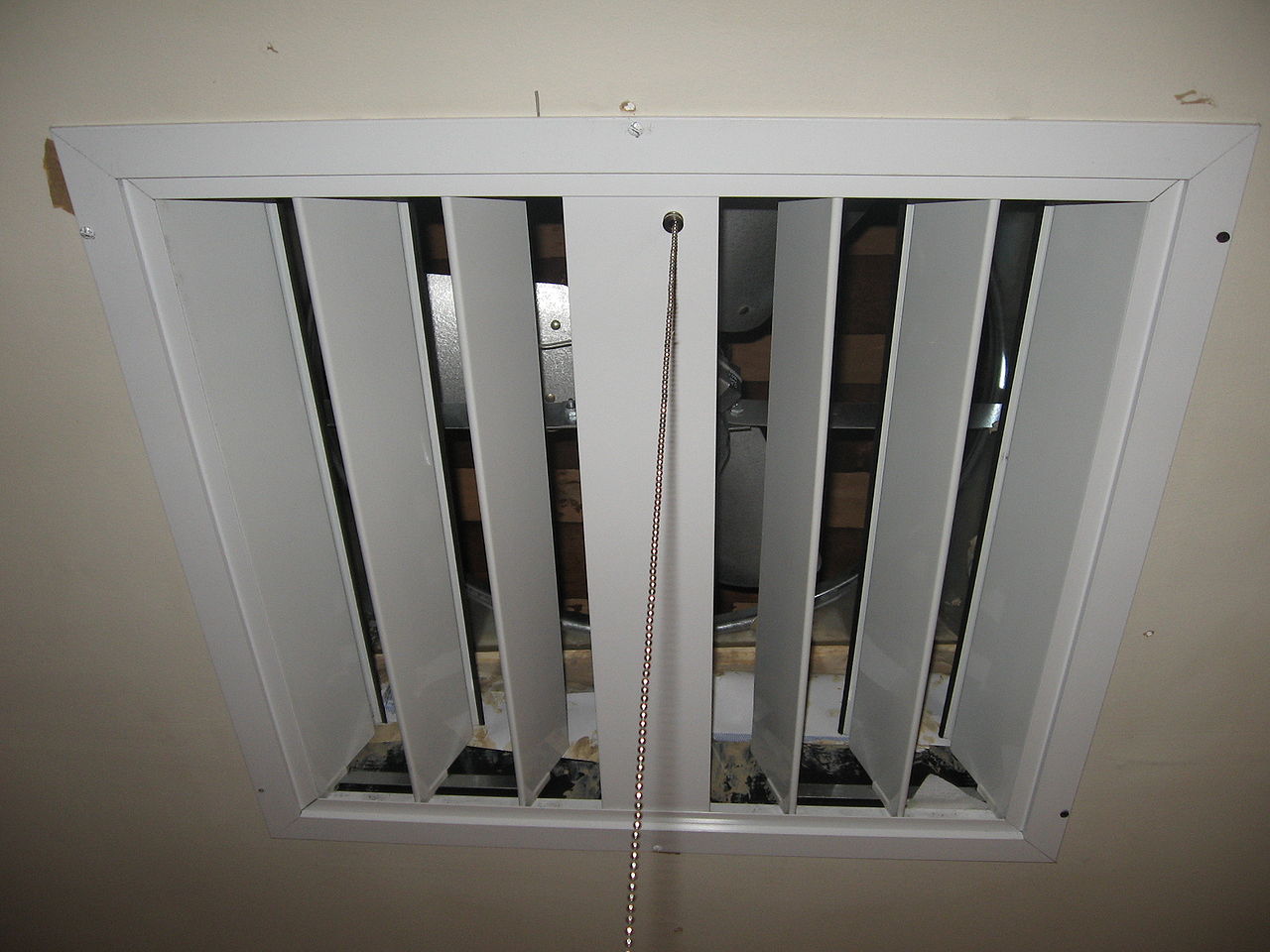
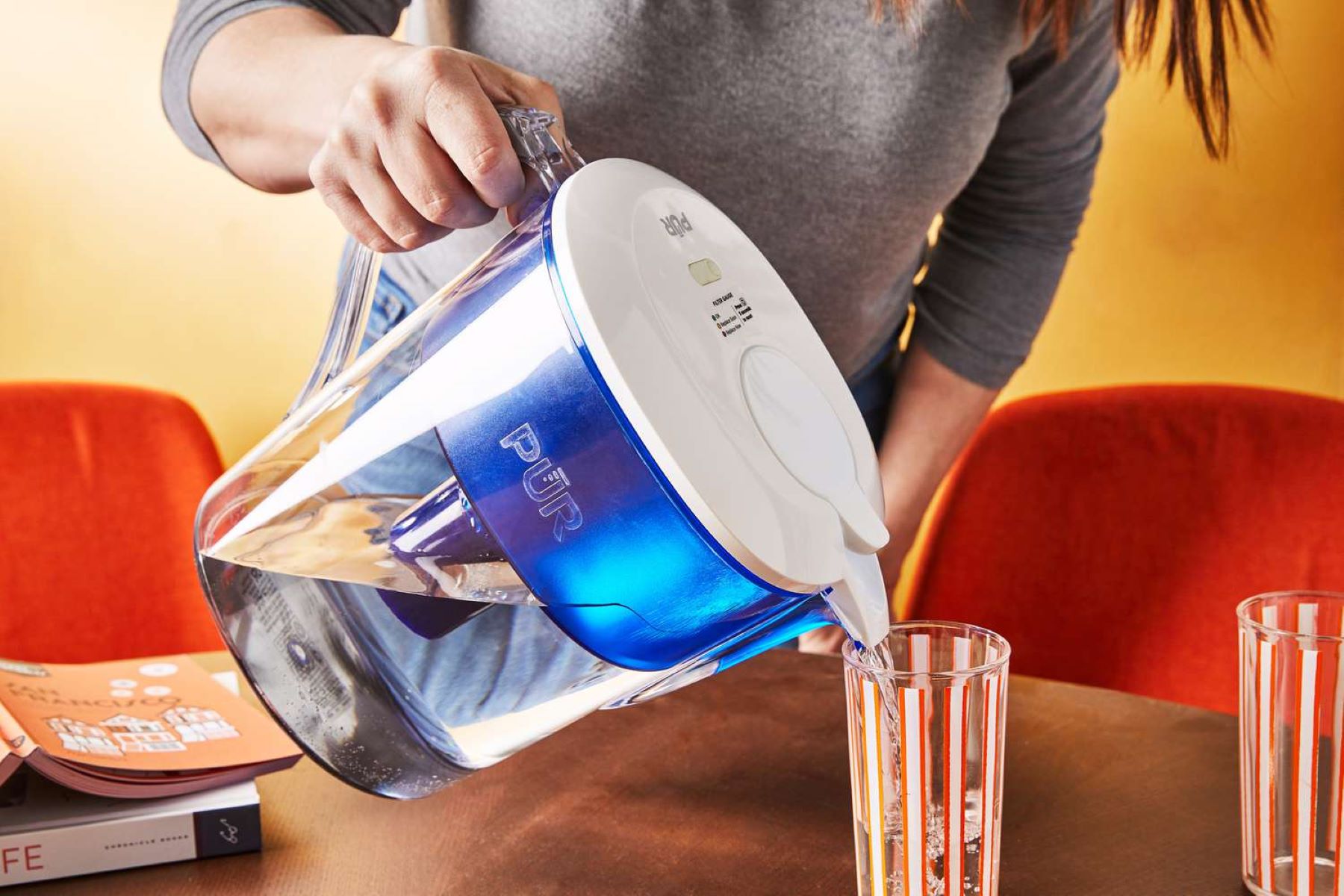
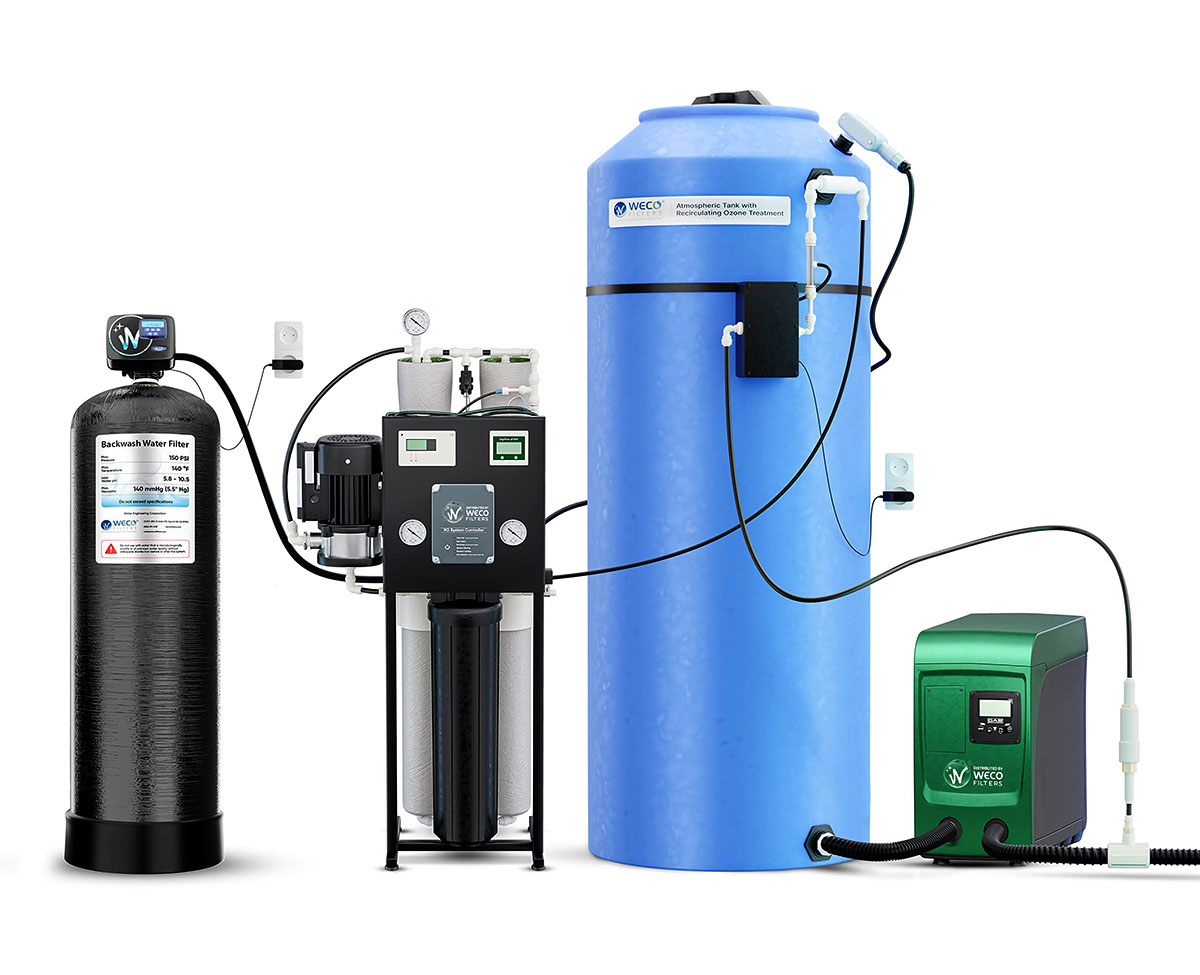
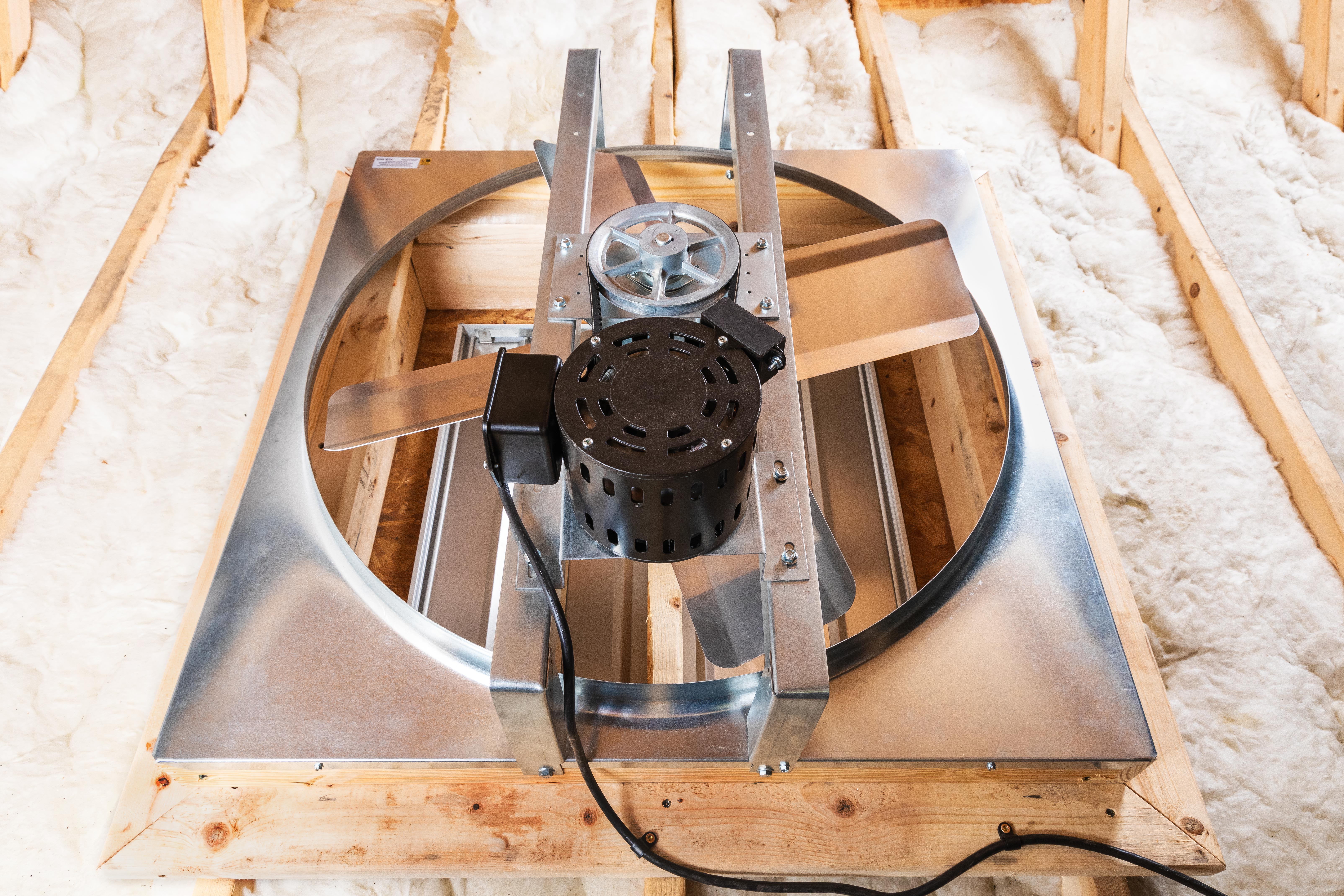

0 thoughts on “What Is A Whole House Water Filtration System”